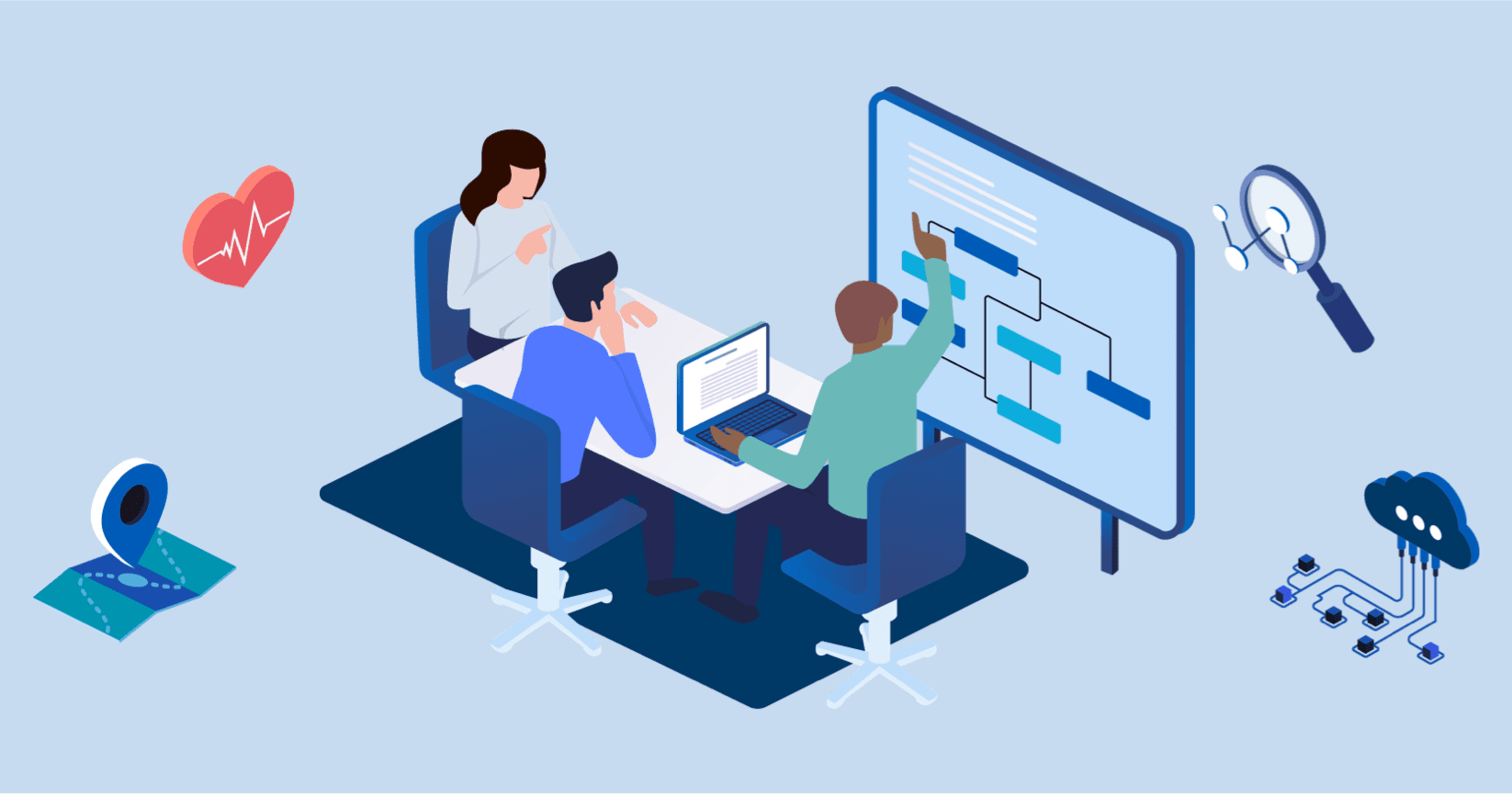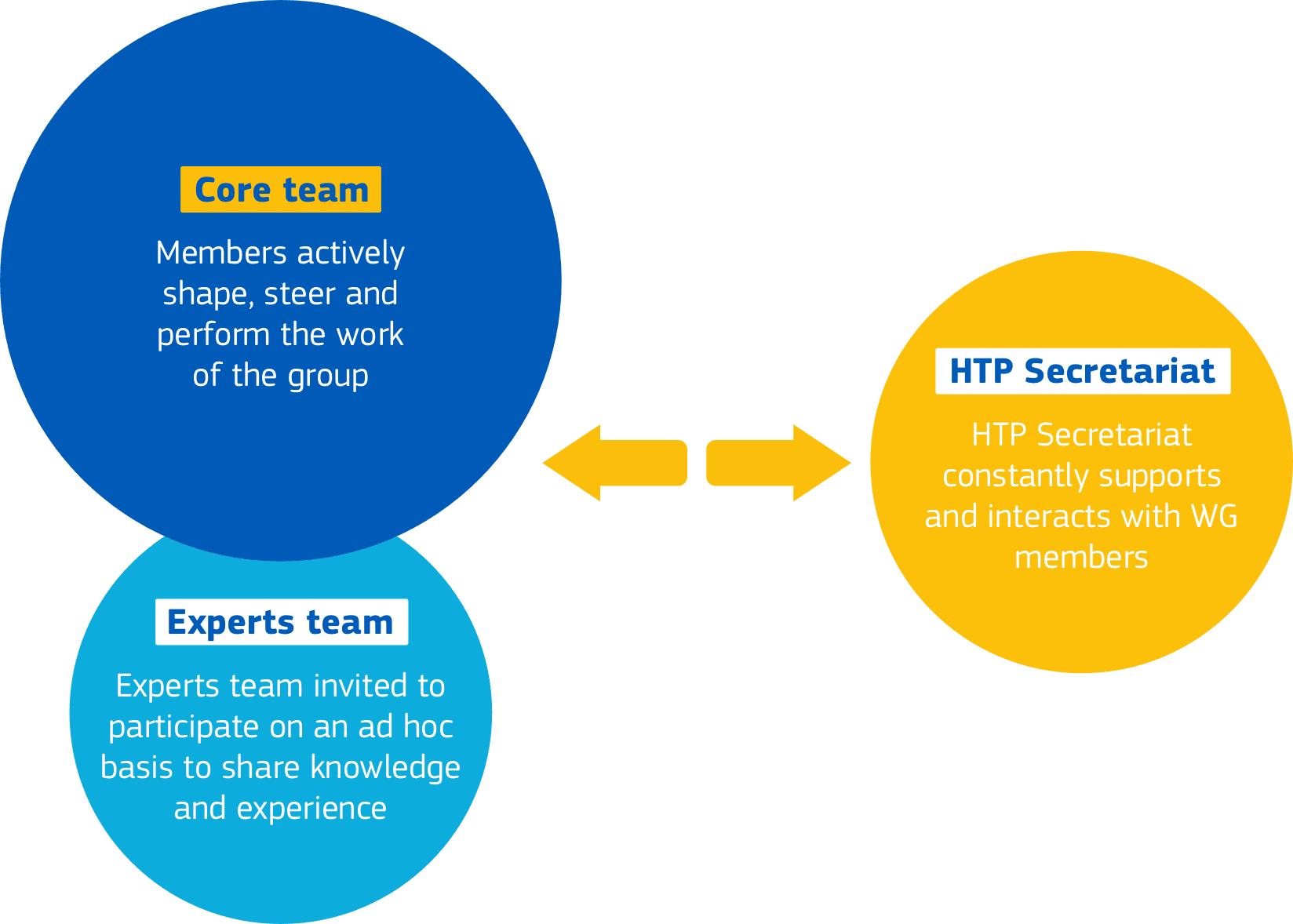
Digital Working Group
Aiming at improving digital inclusion and accessibility, tackling digital skills mismatches and declining tertiary-educated labour force in the sector by developing expert networks, sharing best practices, and providing recommendations.





